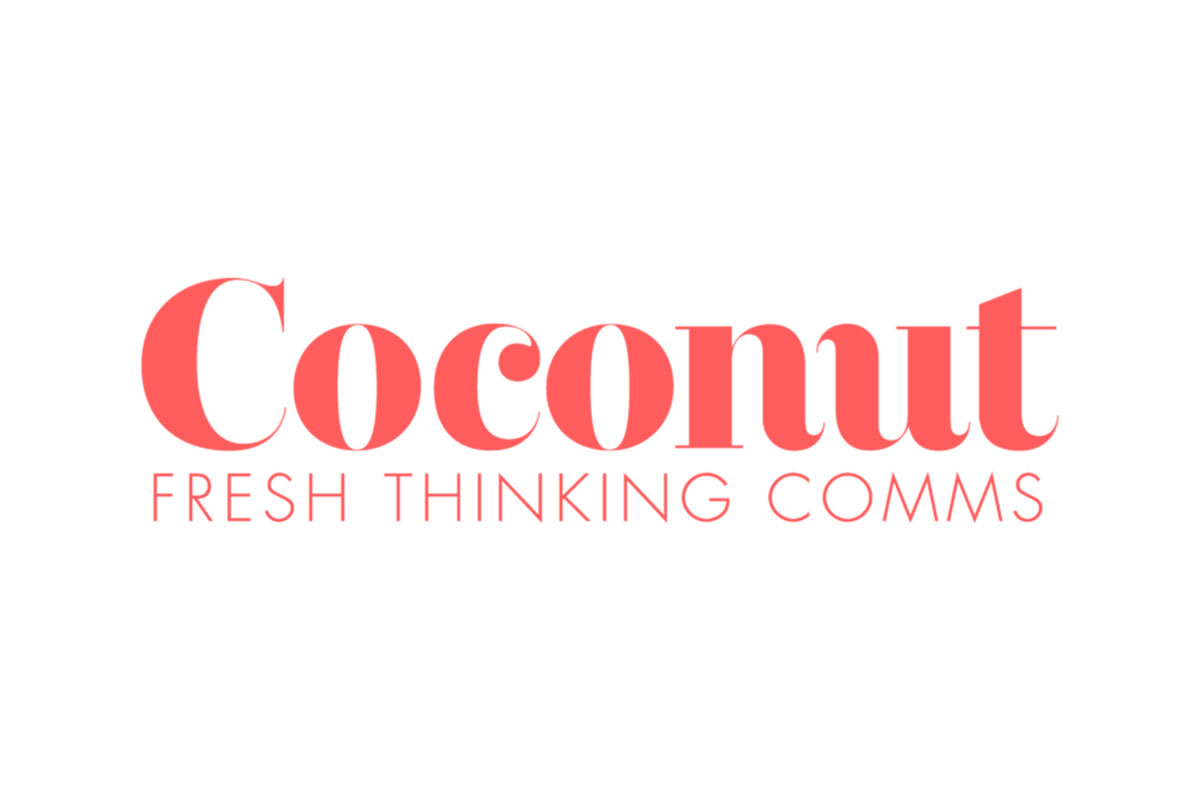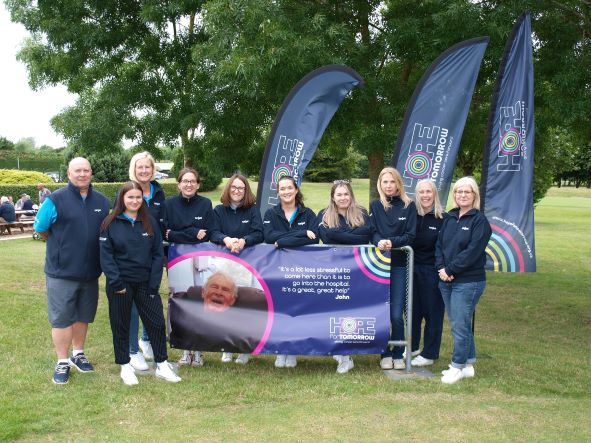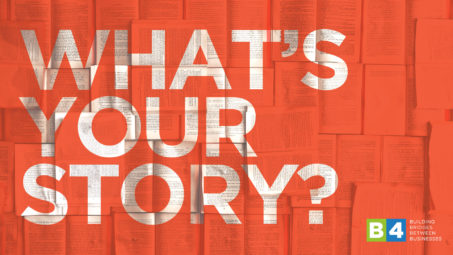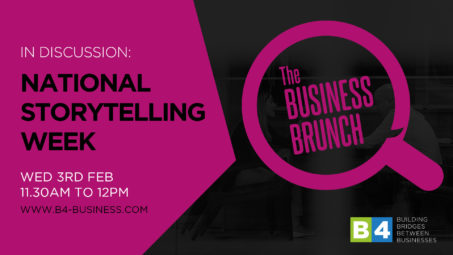
Keep calm: a (Coronavirus) communicator’s guide to crisis management
Covid-19 is pushing all of the crisis comms buttons in the UK right now, but whatever triggers the crisis, calm is always what’s called for from those communicating on behalf of your organisation, internally and externally.
As it divides the nation on how we should respond, you need your comms team retaining a sense of calm.
In brand communication terms, it’s all about reputation and that equates to long term thinking. In crisis management terms that means being able to respond swiftly but smartly in the short term while remaining aligned to your long term strategy.
5 stages of a comms crisis
The stages of crisis management play out much like the chapters in a book and the common structure of storytelling:
1. planning (if you do plan, the story will tell itself better)
2. the beginning (getting a feel for the lay of the land)
3. the middle (debate-filled, action packed, tangental, segueways here, division there)
4. the end (a bit underwhelming, bang on your suspicions, leaving you needing more)
5. the aftermath (what’s left behind, the good guys and the bad, the unanswered cliffhanger…)
Much like everything else in life, there are always critics who would have done something better, something different, drawn a different conclusion, left people feeling different as well as those who will applaud you until the cows come home.
Britain is somewhere in the middle right now, and not very many businesses will have had a plan for force majeure. So communicators have their work cut out considering the options, collating statements, deliberating strategies for communicating with all stakeholders in the right way for their needs.
Planning for crisis
It’s rarely too late to put the bare bones of a plan in place:
• Gather the facts
• Separate the hype into its own file
• Layout the scenarios causing the problem(s)
• Define your stakeholders, how they might be affected, how best to communicate with them, what information they will need and when they’ll need it
• Think internally and externally – your staff matter too as does the message they may broadcast externally once they’ve clocked off for the day
• Consider all channels where you have a brand presence
• Keep an eye on platforms where you don’t have a brand presence but your organisation might become a topic of conversation
• Select your spokepeople – you may need more than one depending on the size of your business, the scale of the crisis geographically, or the amount of media demand for comment – then ensure they’re media trained
• Prepare some outline statements – start with the facts that you have or know, only add opinion or hypothesis if it’s genuinely likely to appease your stakeholders’ concerns, never offer false hope
• Put your plan to the test, just like you would for fire evacuation – practice makes perfect, right…
• Stay on the front foot – keep ears to the ground, eyes on the ball as the situation evolves, hold regular update meetings with your board or senior leadership team and keep your comms lead in the loop at all times – or better, let them lead the updates
Always think about the long term
Wondering when and how to ‘go public’? Short term reactions aren’t always beneficial for long term strategic brand reputation.
To put that in context, in the last couple of weeks we’ve had conversations regarding press opportunities that would have enabled our clients to demonstrate the impact (positive and negative) of Covid-19 on business, more specifically the travel industry, and got their name ‘out there’ again.
In all cases so far we’ve advised clients to keep quiet. In part because it was all too early in an evolving situation, And in part to avoid UK based travel brands from appearing to be rubbing their hands at the shift to staycations while other destinations suffer. But also because we knew the situation would change placing more pressure on the UK population too, limiting appetite for travel full stop.
We’ve drafted statements in preparation and we’ve handled media questions. But even with a plan, because we don’t know how this situation will evolve, now is not the time to throw caution to the wind in reputation management terms.
On the other side of the coin, however, we’ve also waved journalists off on press trips in the last week via an airport and at least 10 hours on a plane albeit to places where the virus is yet to take hold.
Life absolutely goes on, but in a calm and common sense fashion!
Your organisation and your publics
That’s you and your various stakeholders. Now is the time to recognise every single type of stakeholder, their needs, and how they’ll expect you to communicate with them and be able to communicate with you.
Ensure you plan factors in all of them:
• staff (local, remote, senior, junior, employees, contractors, temps)
• suppliers
• customers (current, prospective, past, physical, digital)
• affiliates and brand partners
• brand ambassadors/advocates
• members or alumni
• the board/non-execs
• investors
• media contacts
• social media followers
• email marketing recipients
• organisations your business is a member of
Control your story
Your crisis communications plan will not only prepare you for undesirable yet feasible scenarios. It will also put you in control of your brand storytelling.
With your ducks in a row, your response can be rapid and holistic, which will aid your reputation too.
Let common sense prevail when handling organisational communications in uncertain times.
Whether its media mania or social media hype that’s driving panic in your eyes, don’t worry about what everyone else is doing and saying, surround yourself with the facts, keep calm, plan better and be as prepared as you can be.
If you’re struggling to plan, overwhelmed with the scale of the communication challenge, or stuck for the right words to say to whom and when, drop me a line.
More in Public Relations

Target tops fundraising total at charity golf day
More than 20 teams took to the greens and fairways at Brickhampton Court Golf Complex on Thursday 30 June to help raise £9,000 for Hope for Tomorrow as part of Target’s biggest ever charity golf day. Now in its fifth year, another hugely successful event saw the Cheltenham-based communications agency support Hope for Tomorrow. The […]

Promotion and trio of appointments bolster Target team
Cheltenham-based communications agency Target has appointed a new Business Development Director and added three new members to its award-winning PR team. Rachel Meagher has been promoted to Business Development Director after 17 years with the company, most recently leading communications activity as Associate Director for many of its B2B clients including ADEY, Reliance Water Controls […]

Energise Your Enterprise | The Innovation Toolkit
In this episode of The Innovation Toolkit, a series exploring tools to help businesses face the challenges of a post-COVID world, Stephen Spencer is joined by Bala McAlinn as they discuss the seventh and final part of the POSITIVE Compass tool: E for Energy.
From this author

How Important are Green Issues to SME’s?
Kate Stinchcombe-Gillies, Founder of Coconut PR and Frank Nigriello, Director of Corporate Affairs at Unipart discuss a wide range of green topic issues in this webinar with some interesting discussions around the questions and comments listed below.

What’s Your Story?
It’s National Storytelling Week and PR and marketing expert Kate Stinchcombe-Gillies hosted a discussion about the importance and essence of storytelling with independent communication consultant, Lucy Eckley, together with independent social media and digital marketing consultant, Paul Sutton…so absolutely no pressure summarising a discussion about storytelling given by three storytelling experts!

What’s Your Story?
It’s National Storytelling Week and PR guru Kate Stinchcombe-Gillies hosted a discussion about the importance and essence of storytelling.

